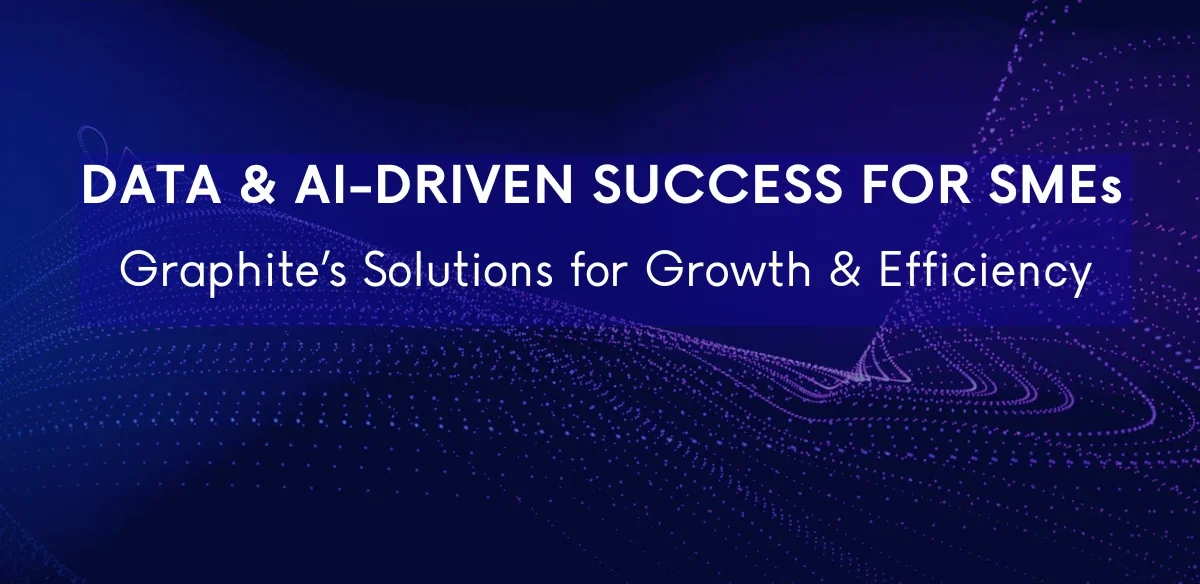Customer Strategy
Maximising B2B Marketing Performance
MarTech Strategies for B2B Success
November 16 2024

As technology continues to shape the future of B2B marketing, members of our marketing practice share key insights from the recent MarTech Summit.
Key Enablers for Success:
To strengthen marketing strategies, B2B companies should leverage technology across customer scoring, automation, and personalisation to improve efficiency and measurable ROI.
1. Ensure data is connected
Data doesn’t need to be stored or measured in one place- it needs to be connected. Addressing data silos requires a strong data and analytics team to maintain an integrated tech stack and transform data into actionable insights. Businesses should evaluate their specific data needs and create a tech stack built around essential tools, complemented by external add-on platforms.
2. Align Sales & Marketing teams
Effective coordination between sales and marketing teams drives customer-centric, revenue-focused growth. This starts with setting shared goals, enabling joint customer interactions and adopting shared tools. Leadership plays a critical role in fostering collaboration by highlighting the value of cross-team efforts on both a personal and organisational level.
Strategic Levers to Drive Results:
To strengthen marketing strategies, B2B companies should leverage technology across customer scoring, automation, and personalisation to improve efficiency and measurable ROI.
1. Use scoring to optimise the buyer journey
A successful buyer journey starts with understanding your audience—what motivates them, their pain points, and their decision triggers. Map out customer touchpoints across channels using data and identify high-value actions early. Implement scoring to uncover long-term, loyal customers, improve revenue predictability, and drive precise, high-impact strategies.
2. Deploy AI to improve efficiency
Companies are moving beyond the hype of AI and integrating it into practical workflows. From content creation and translation to scaling personalised customer experiences, AI eliminates repetitive tasks and streamlines operations. However, governance is essential to manage AI-generated content and safeguard your brand identity.
3. Balance Personalisation with Marketing Automation
Automation is vital for efficiency, particularly for upper-funnel prospects and operational tasks. However, layering strategic personalisation requires a human touch, especially for lower-funnel communications. Align the level of personalisation with each stage of the buyer journey to build meaningful connections.

The Bottom Line
MiCAR and MiFID II have together shaped the market structure for crypto derivatives, providing the regulatory frameworks necessary for the safe, quick and transparent trading of crypto derivatives. This has allowed One Trading to leverage these regulatory advancements to offer real-time settlement of all the payouts between all positions on their platforms among segregated client accounts.
By increasing settlement frequency and minimising counterparty risk, One Trading is in the position to lead a more efficient, transparent, and competitive space. The combined regulatory structure of MiCAR and MiFID II offers an opportunity for the market to drive the growth of crypto derivatives and perpetual futures across Europe.
About Christina Ahmed
Senior Digital Media Manager
Mario Hoessl-Neumann is General Counsel at One Trading, a European crypto-asset exchange and the first regulated trading venue for crypto-asset derivatives in the EU open to professional and retail traders.
